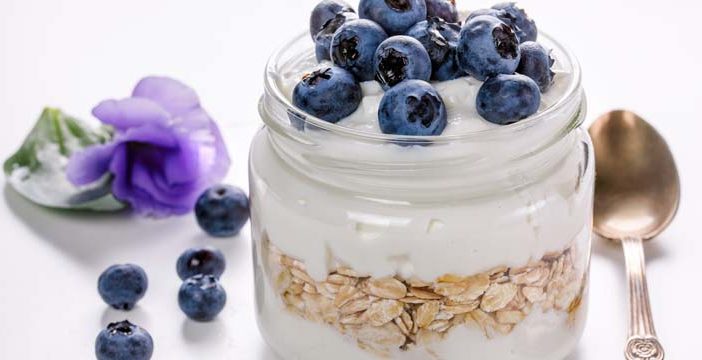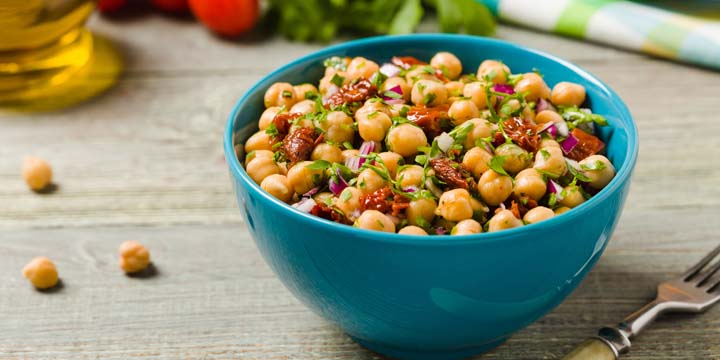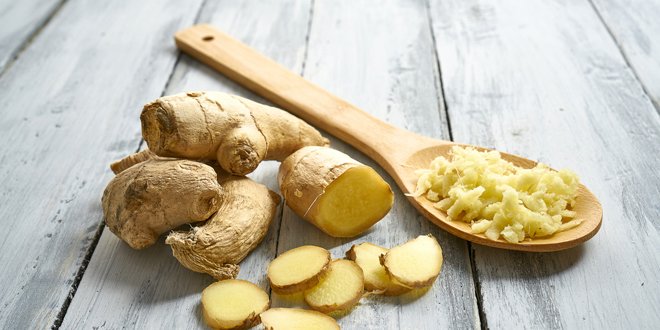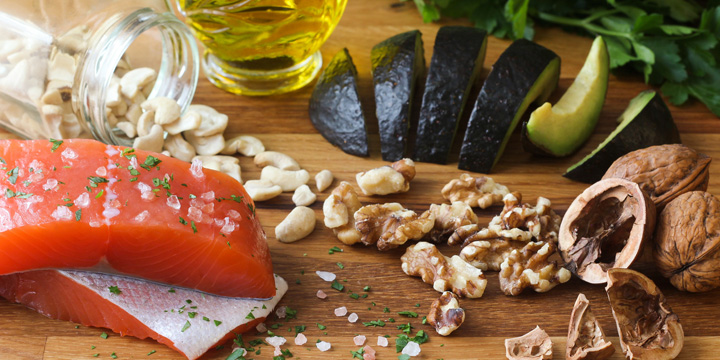
Did you know that inflammation can increase your blood sugar? In fact, research shows that ongoing inflammation in the body can eventually lead to chronic diseases such as type 2 diabetes and even contribute to their progression. Fortunately, eating anti-inflammatory foods can make a big difference in better managing diabetes and reducing diabetes-related issues. Let’s find out more about the ideal foods to reduce inflammation.
First, what does the research show about diabetes and inflammation?
Researchers have found that poor nutrition, stress, high body fat and lack of exercise may all contribute to inflammation in the body. Over time, chronic inflammation damages healthy cells and can result in insulin resistance leading to higher blood sugar and the onset of type 2 diabetes.
Decades ago, researchers also found that people with type 2 diabetes had higher levels of inflammatory chemicals called ‘cytokines’ inside their fat tissues compared to those without diabetes. They concluded that excess fat, especially around the abdomen, causes chronic inflammation that alters the action of insulin and contributes to the progression of the disease.
10 anti-inflammatory foods to try
The good news is that there are plenty of foods that can help keep inflammation at bay because they’re chock-full of antioxidants and other beneficial compounds. Here are 10 delicious anti-inflammatory options to include in your diabetes diet:
1. Blueberries: It’s no surprise that blueberries were named a superfood by the American Diabetes Association. Along with other berries, this tiny blue fruit packs a punch with natural antioxidants such as polyphenols, along with fibre and vitamins.
2. Greek yogurt: An excellent source of protein (twice the amount of regular yogurt), Greek yogurt is also a great source of calcium which contributes to strong bones and teeth.
3. Broccoli: This non-starchy vegetable is filled with fibre and sulfur-containing compounds that have powerful anti-inflammatory effects.
4. Chickpeas: High in antioxidants, fibre, protein and healthy fats, chickpeas are low on the glycemic index too which is always good for keeping blood sugar levels in check.

5. Cinnamon: Studies have shown that cinnamon can help manage blood sugar, in addition to being a great source of antioxidants to reduce inflammation.
6. Leafy greens: Spinach, kale and collards are a few examples of leafy greens that are filled with vitamins and antioxidants. They’re also a good way to fill up your plate without adding calorie-heavy carbs.
7. Garlic: A compound in garlic called allicin is believed to reduce inflammation. Read more on the power of garlic when you have diabetes.
8. Nuts: Not only can nuts such as almonds and walnuts reduce bad cholesterol, which is good for the heart, several studies have linked eating nuts to improved insulin resistance and A1C levels. Read more on why nuts make a great snack when you have diabetes.

9. Omega-3: Fish such as salmon, mackerel, tuna and sardines are all high in omega-3 fatty fats which have powerful anti-inflammatory effects. If you don’t fancy fish, try sprinkling omega-3-rich flaxseeds into whole grains or yogurt.
10. Squash: Along with antioxidants, squash has the benefit of being available year-round so you can include it your diabetes diet more often. For a lower-carb option than butternut or acorn, give spaghetti squash a try.

Are there foods that increase inflammation?
On the flip side, there are foods filled with unhealthy fats that cause inflammation. These foods can also contribute to weight gain which is a risk factor for inflammation. Steer clear of the following or keep your intake to a minimum:
- Cream cheese and other full-fat dairy cheeses
- Margarine
- Red and processed meat (e.g., burgers, steaks, hotdogs)
- Refined carbohydrates (e.g., pastries, white bread)
- Fried foods
- Shortening
Remember that one of the most powerful ways to address inflammation is through your food choices. By including anti-inflammatory foods in your meal plan every day, you’re making a positive choice for your body—and your diabetes.


